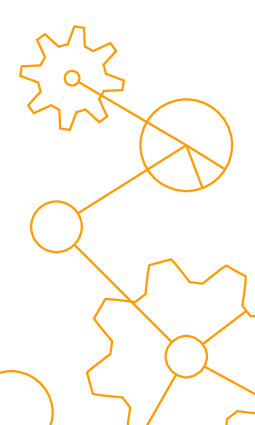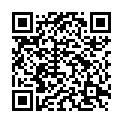|
|
|
| Module code: WIMAScWPF-Ing1 |
|
|
2PA (2 hours per week) |
|
3 |
| Semester: 2 |
| Mandatory course: no |
Language of instruction:
German |
Assessment:
Graded project work
[updated 18.12.2018]
|
WIMAScWPF-Ing1 (P450-0229) Industrial Engineering, Master, ASPO 01.10.2014
, semester 2, optional course
|
30 class hours (= 22.5 clock hours) over a 15-week period.
The total student study time is 90 hours (equivalent to 3 ECTS credits).
There are therefore 67.5 hours available for class preparation and follow-up work and exam preparation.
|
Recommended prerequisites (modules):
WIMASc125 Statistical Methods Put into Practice / Information and Communication Technology
[updated 05.02.2020]
|
Recommended as prerequisite for:
|
Module coordinator:
Prof. Dr. Daniel F. Abawi |
Lecturer:
Prof. Dr. Daniel F. Abawi
[updated 05.02.2020]
|
Learning outcomes:
After successfully completing this module students will:
_ be able to independently provide solutions for computer science tasks
be proficient in the object-oriented language Java, as well as UML for modelling and implementing a business scenario
[updated 18.12.2018]
|
Module content:
1. Using class libraries
2. Design of class structures
3. Structured program design
4. Elements of software engineering
5. Documentation and tools for teamwork
6. Case study and project
[updated 18.12.2018]
|
Teaching methods/Media:
Projector, slides (lecture notes), independent and guided exercises. Only open source software will be used.
[updated 18.12.2018]
|
Recommended or required reading:
_ Ullenboom, Christian: Java ist auch eine Insel, 10. Auflage, Galileo OpenBook 2011
_ Herold, H.; Lurz, B.; Wohlrab, J.: Grundlagen der Informatik, Pearson Studium Verlag, 2011
Further recommendations regarding literature or for example, web articles will be made by the lecturer in the course.
[updated 18.12.2018]
|


